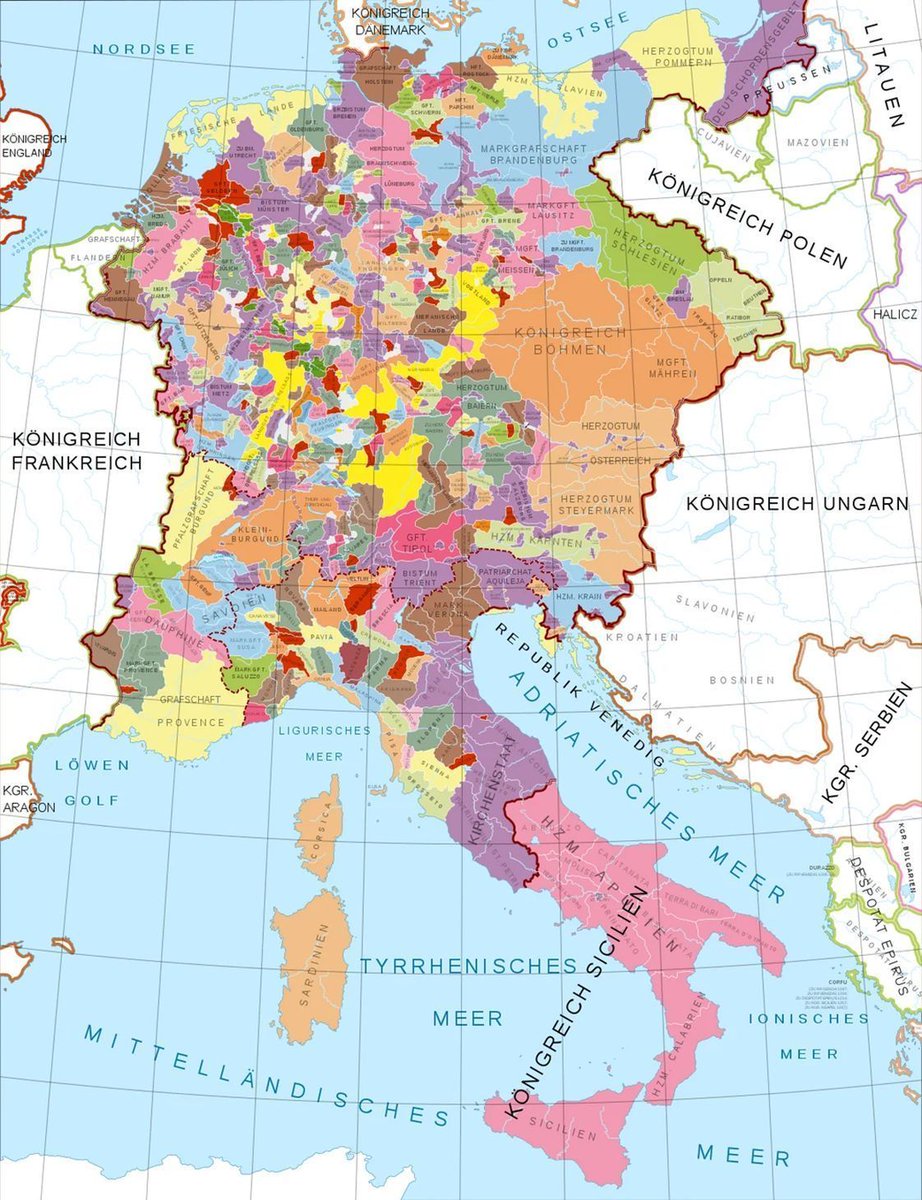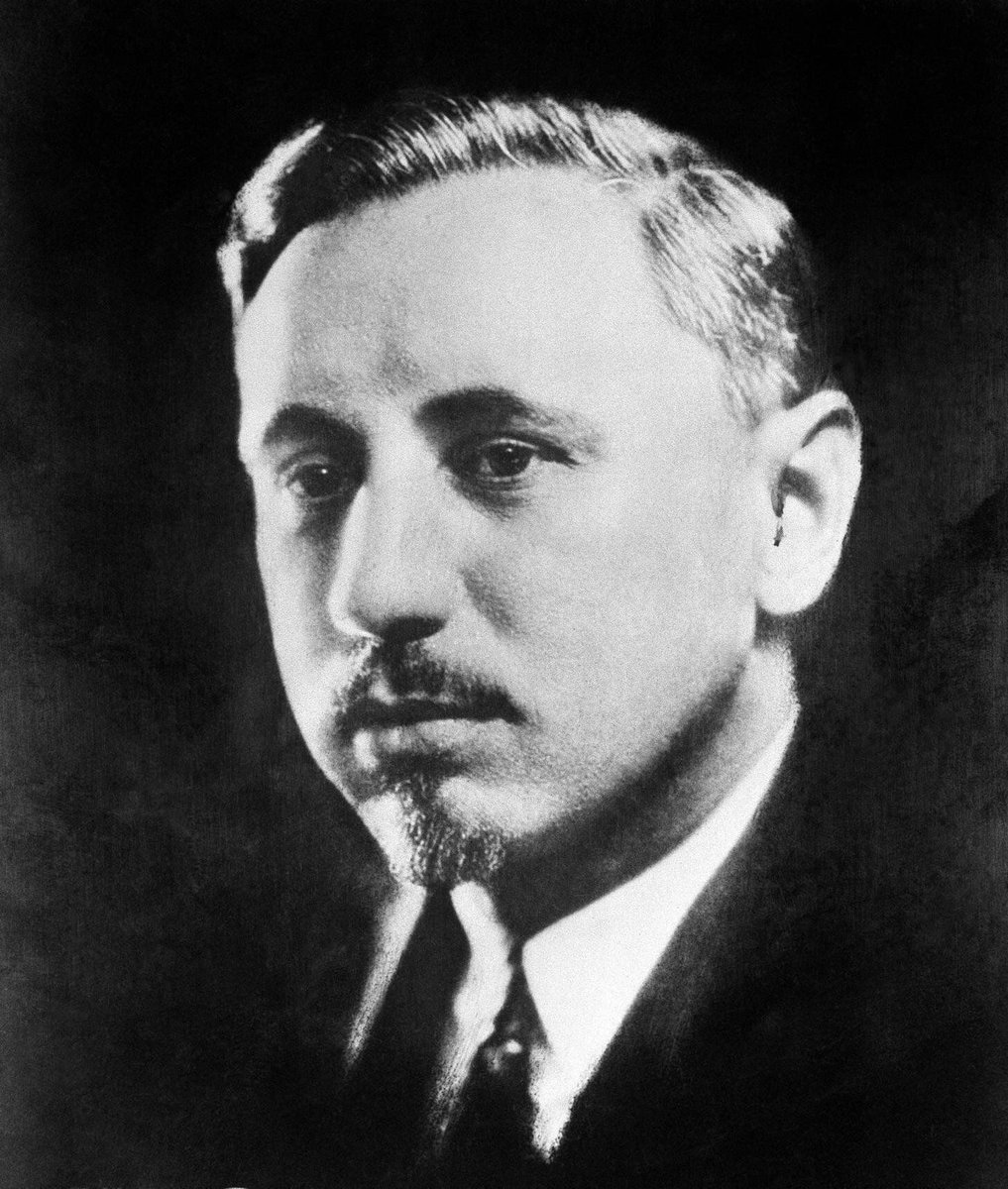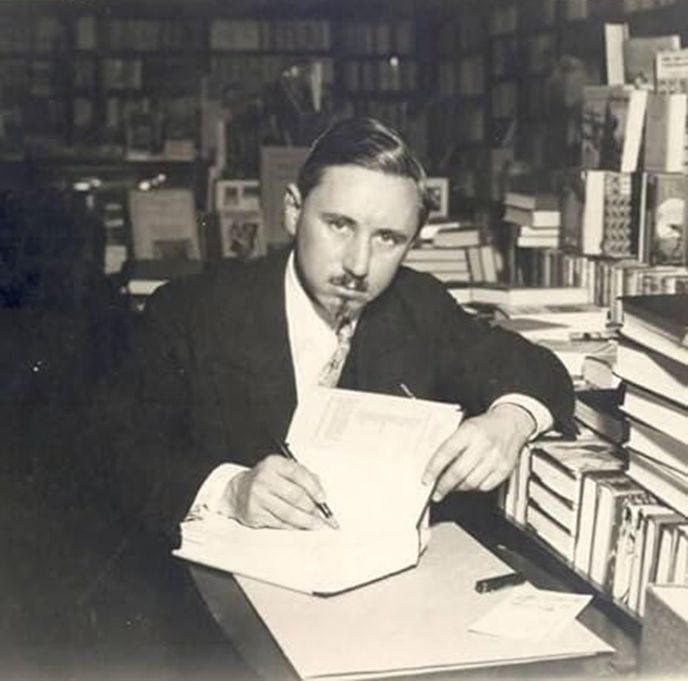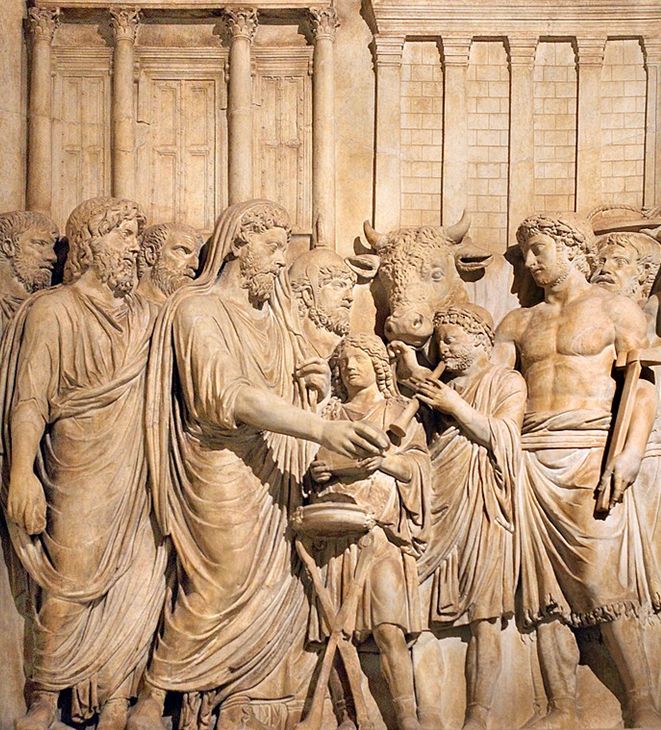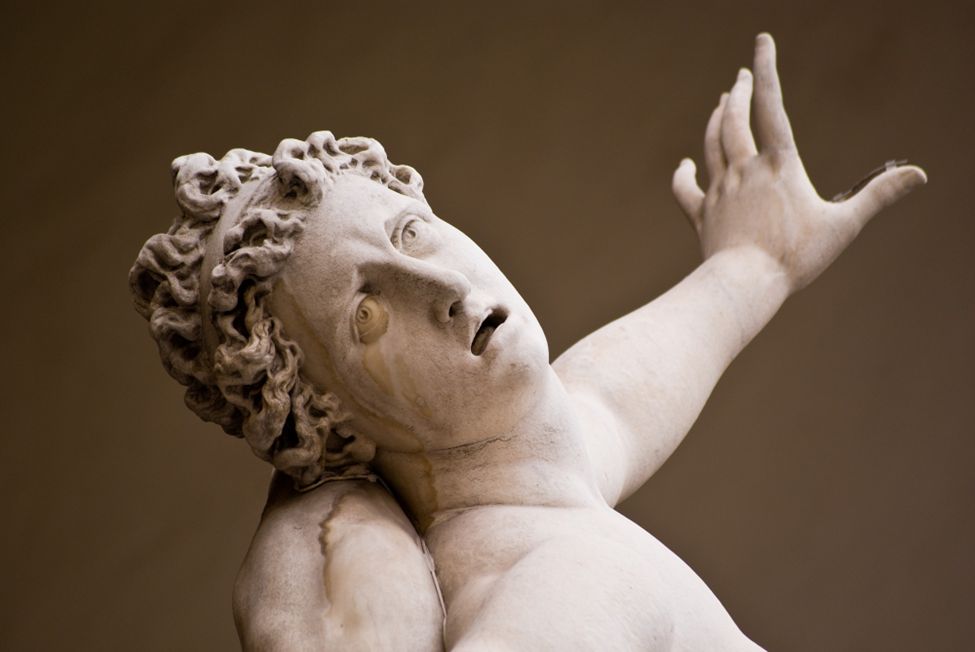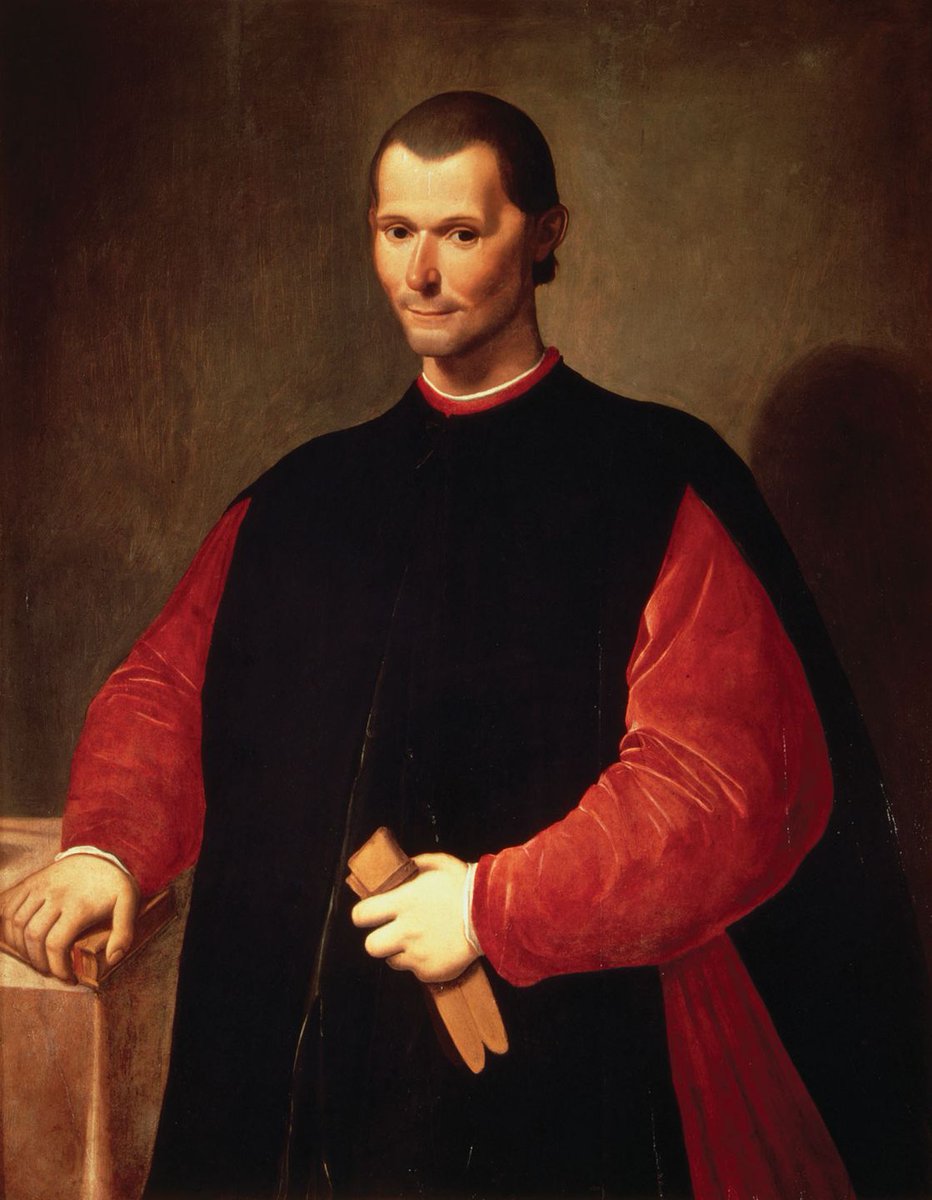Modern man has a severe case of amnesia — he’s forgotten the immense wisdom of the past.
Luckily, it can be rediscovered through great literature.
12 old books that will make you wiser… 🧵
Luckily, it can be rediscovered through great literature.
12 old books that will make you wiser… 🧵

12. Enchiridion, Epictetus
Epictetus never wrote down anything himself, but his student Arrian collected his teachings, recording them for future generations. His lessons enlighten the reader on matters regarding ethics and achieving inner freedom.
Epictetus never wrote down anything himself, but his student Arrian collected his teachings, recording them for future generations. His lessons enlighten the reader on matters regarding ethics and achieving inner freedom.

11. The Prince, Niccolo Machiavelli
Machiavelli’s classic is a 16th-century handbook on effective governance. It’s an essential read for anyone who wishes to understand the motivations and reasoning behind great leaders from the past or savvy politicians today.
Machiavelli’s classic is a 16th-century handbook on effective governance. It’s an essential read for anyone who wishes to understand the motivations and reasoning behind great leaders from the past or savvy politicians today.

10. The Apology, Plato
The Apology details Socrates’ trial shortly before his execution. It’s a prime example of the Socratic dialogue and, because Socrates left no writings, it's essential to understanding the life and teachings of the “Father of Philosophy.”
The Apology details Socrates’ trial shortly before his execution. It’s a prime example of the Socratic dialogue and, because Socrates left no writings, it's essential to understanding the life and teachings of the “Father of Philosophy.”

9. Autobiography of Ben Franklin
Franklin's inspiring story of growing up in a poor family to becoming one of the world’s most influential people is one of passion and persistence. He stresses the importance of learning and leaving no stone unturned to achieve your goals.
Franklin's inspiring story of growing up in a poor family to becoming one of the world’s most influential people is one of passion and persistence. He stresses the importance of learning and leaving no stone unturned to achieve your goals.

8. Ethics, Baruch Spinoza
Spinoza's greatest work is a cohesive cosmology that provides a guide to an ethical life.
Following logic, it explores the nature of God while speculating on humanity's place in the natural order and the path to happiness.
Spinoza's greatest work is a cohesive cosmology that provides a guide to an ethical life.
Following logic, it explores the nature of God while speculating on humanity's place in the natural order and the path to happiness.

7. Parallel Lives, Plutarch
Plutarch focuses on the great figures of history rather than specific events, making him an early proponent of the “great man” theory of history.
His work is a masterpiece in dissecting the traits that led historical giants to success or failure.
Plutarch focuses on the great figures of history rather than specific events, making him an early proponent of the “great man” theory of history.
His work is a masterpiece in dissecting the traits that led historical giants to success or failure.

6. Consolation of Philosophy, Boethius
Written while he awaited execution, Boethius's work is a dialogue between himself and “Lady Philosophy” who consoles Boethius by discussing the temporary nature of worldly goods.
It’s influenced the greatest philosophers for 1500 years.
Written while he awaited execution, Boethius's work is a dialogue between himself and “Lady Philosophy” who consoles Boethius by discussing the temporary nature of worldly goods.
It’s influenced the greatest philosophers for 1500 years.

5. Confessions, Augustine of Hippo
Augustine's masterpiece is an autobiography where he ponders his troubled youth and eventual conversion to Christianity as he traverses the Roman empire.
It’s a story of the struggle against sin and the metanoia of a future saint.
Augustine's masterpiece is an autobiography where he ponders his troubled youth and eventual conversion to Christianity as he traverses the Roman empire.
It’s a story of the struggle against sin and the metanoia of a future saint.

4. Letters from a Stoic, Seneca
The quintessential Stoic philosopher, Seneca was a tutor and advisor to emperor Nero. His work is basically a diary containing philosophical contemplations on the contempt of death, the value of friendship, and virtue as the supreme good.
The quintessential Stoic philosopher, Seneca was a tutor and advisor to emperor Nero. His work is basically a diary containing philosophical contemplations on the contempt of death, the value of friendship, and virtue as the supreme good.

3. The Republic, Plato
A dialogue between Socrates and three others, it’s an investigation into the perfect state, the role of education, and the ideal individual. It’s also an inquiry into the nature of virtue and knowledge, forcing contemplation on key questions of truth.
A dialogue between Socrates and three others, it’s an investigation into the perfect state, the role of education, and the ideal individual. It’s also an inquiry into the nature of virtue and knowledge, forcing contemplation on key questions of truth.

2. Meditations, Marcus Aurelius
Never intended for the public, Meditations is a collection of personal insights that Marcus Aurelius recorded while on military campaign.
The work is a unique opportunity to peer into the mind of the leader of the greatest empire in history.
Never intended for the public, Meditations is a collection of personal insights that Marcus Aurelius recorded while on military campaign.
The work is a unique opportunity to peer into the mind of the leader of the greatest empire in history.

1. Nicomachean Ethics, Aristotle
Here Aristotle explores how best to live a virtuous life. He posits that “the good'' is ultimately the goal to which all man’s actions aim.
Aristotle’s work is foundational to western ethics and influenced later philosophers Aquinas.
Here Aristotle explores how best to live a virtuous life. He posits that “the good'' is ultimately the goal to which all man’s actions aim.
Aristotle’s work is foundational to western ethics and influenced later philosophers Aquinas.

I barely scratched the surface here.
There are a ton of classic books that impart wisdom.
What did I leave out?
There are a ton of classic books that impart wisdom.
What did I leave out?

We dive deeper into topics like this in our newsletter.
In-depth articles straight to your inbox every week (free)👇
thinkingwest.substack.com
In-depth articles straight to your inbox every week (free)👇
thinkingwest.substack.com
• • •
Missing some Tweet in this thread? You can try to
force a refresh





